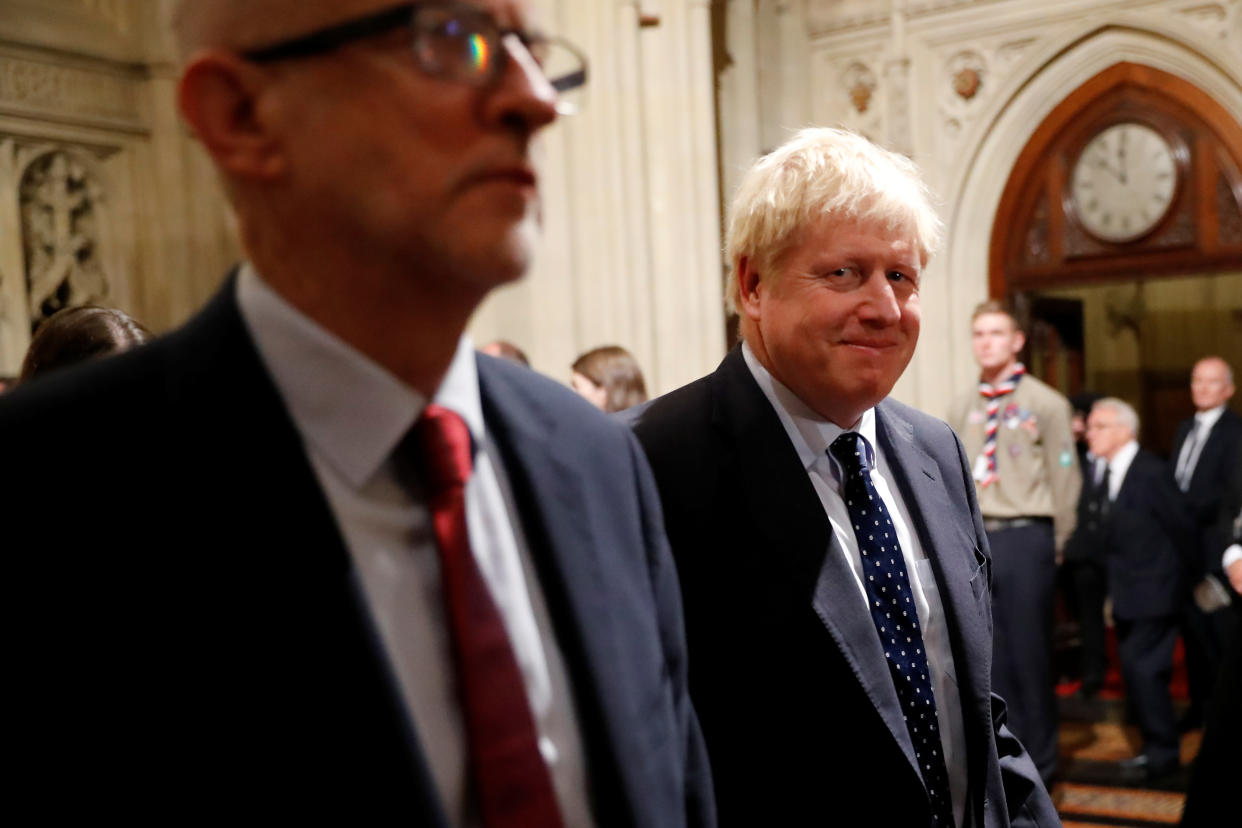Boris Johnson 'lesser of two evils' for German economy

The leader of the German-British Chamber of Commerce in London has described prime minister Boris Johnson as a better option to lead the UK than Labour leader Jeremy Corbyn, despite Johnson’s Brexit plans.
"It's a trade-off between the lesser of two evils," Ulrich Hoppe, managing director of the German Chambers of Commerce Abroad (AHK), told the German Press Agency.
Hoppe said that the economic policies of a Corbyn government would be bad news for the Germany economy, because of the Labour leader’s plans for nationalisation and redistribution, which would remove incentives and weaken the UK’s economic power.
"This means that in the medium term, many consumers certainly have less money in their pockets to buy goods — and of course the German companies that serve the market will suffer,” Hoppe said. He said it would eventually get more expensive for German companies to produce in the UK, and those extra costs will “most likely be passed on to consumers" where possible.
According to the German Chambers of Commerce Abroad, some 750,000 jobs in Germany are reliant on bilateral trade, and German companies employ over 400,000 people in the UK.
READ MORE: Brexit causes UK to fall in importance among Germany's trade partners
The AHK boss also criticised Brexit in general during the interview. He noted that since the Brexit referendum in 2016, the country has become less attractive, in part because of the the weakened British pound.
"There are fewer companies looking for investment opportunities in this country," said Hoppe, referring to the UK. He said that many companies are now waiting to see what the concrete effects of Brexit will be, as well as what the UK’s future regulations will look like. “Nobody knows,” he said, but noted that the industry hopes for an entrepreneurial Brexit, with relatively close ties to the customs union and the internal market.
Hoppe said that Johnson’s announcements that Britain would be able to quickly negotiate a trade agreement with the EU were unrealistic. "You can just get rid of tariffs, and that's it, but it's also about regulations, market access, and that's more complicated," he said.
READ MORE: A polarised Germany marks 30 years since Berlin Wall fell

